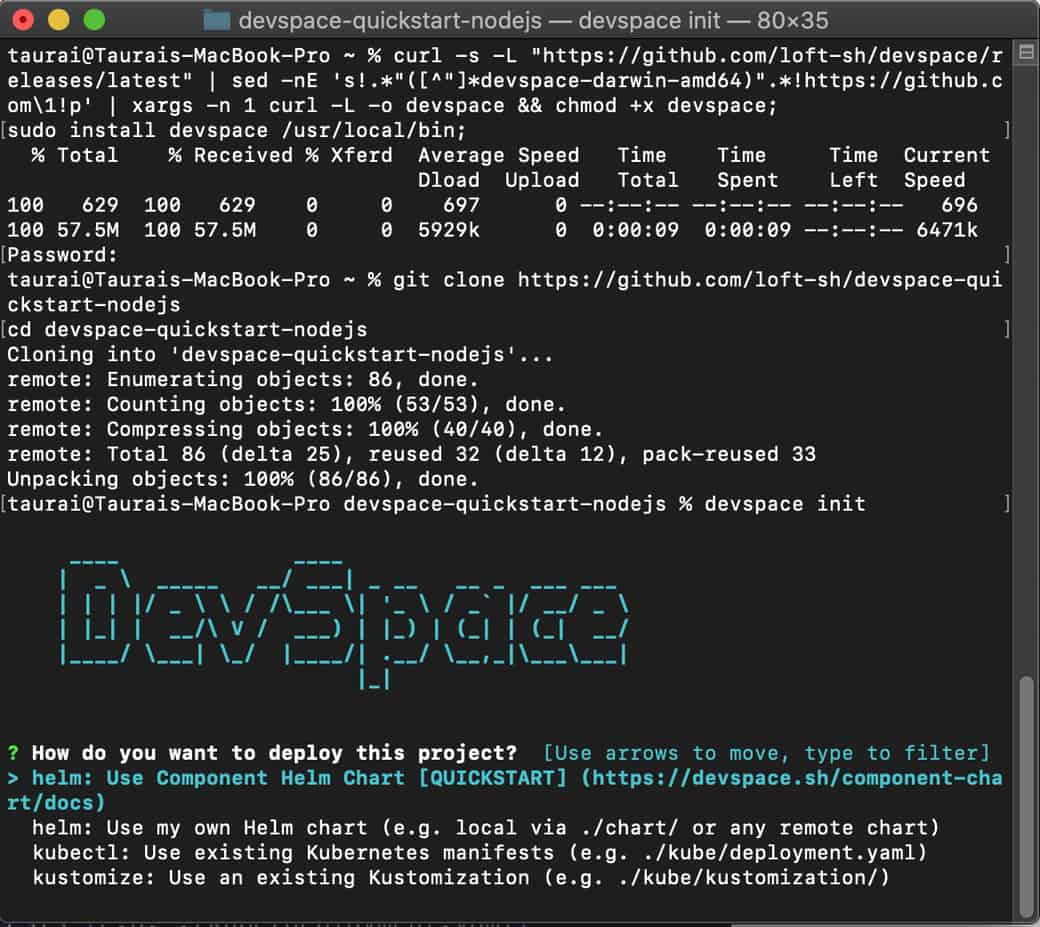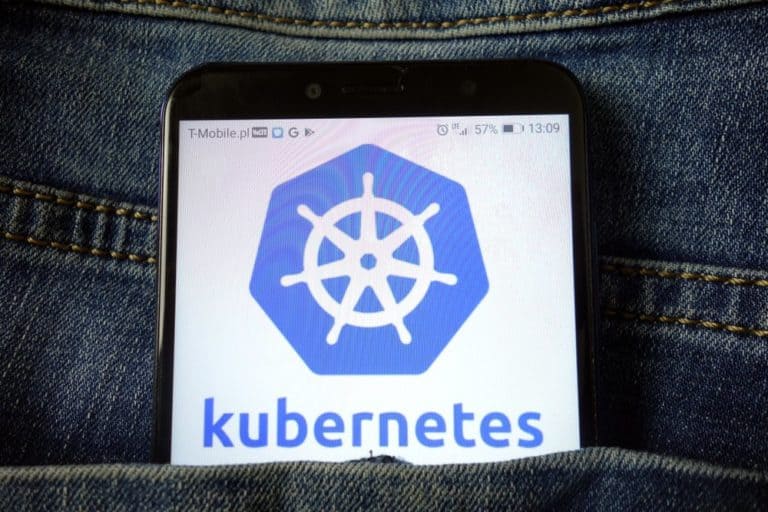Loft Labs introduces DevSpace 6, the latest version of the command-line interface (CLI) tool for Kubernetes clusters in public cloud environments.
‘Kubectl’ is the standard CLI tool for Kubernetes cluster management. The tool allows engineers to execute any Kubernetes cluster function with a command. Kubectl is tremendously flexible, but not always the most efficient. Several organizations develop alternatives, including Loft Labs.
With DevSpace, Loft Labs aims to provide a more suitable CLI tool for cloud-native developers than kubectl. DevSpace automates the development and deployment of container images. Engineers can deploy images en dependencies in clusters with a single command, while the same process would take several steps in kubectl. The sixth version of DevSpace was recently made available.
DevSpace 6.0
The release introduces ‘automation pipelines’, a feature similar to GitHub Actions. Both tools allow engineers to quickly mirror local code changes in external environments.
In addition, DevSpace 6.0 provides a new method for testing containers in active clusters. Engineers can test containers in an active cluster from a local environment using SSH (Secure Socket Shell) connections.
Finally, the new release makes it possible to store functions in a central repository and link them to DevSpace via Git, local file paths and URLs. DevSpace 6.0 is available on the website and GitHub.

Skaffold, Tilt and DevSpace
DevSpace isn’t the only alternative to kubectl. Skaffold and Tilt also allow engineers to automate kubectl’s manual workflows. Although all three tools help build and deploy clusters, their methods differ. Loft Labs described the tools’ pros and cons in a blog post.
According to Loft Labs, Skaffold is primarily suitable for experienced Kubernetes engineers. Each command needs to be executed through Skaffold, just like kubectl. Engineers that have experience with kubectl can get started with Skaffold relatively quickly.
The organization describes Tilt as a strong option for novice Kubernetes engineers. Tilt automatically pushes local code changes to active clusters. Engineers don’t have to manually deploy changes, which makes for a more user-friendly workflow than the alternatives.
Finally, there’s DevTools, which Loft Labs finds the easiest to install. Just like Skaffold, every command must be executed through DevTools, making the CLI tool suitable for experienced Kubernetes engineers. Code changes can be deployed directly to Kubernetes clusters in popular environments, including Google Cloud Platform, AWS and Azure. Hence, Loft Labs describes DevTools as a strong option for cloud-native developers.
